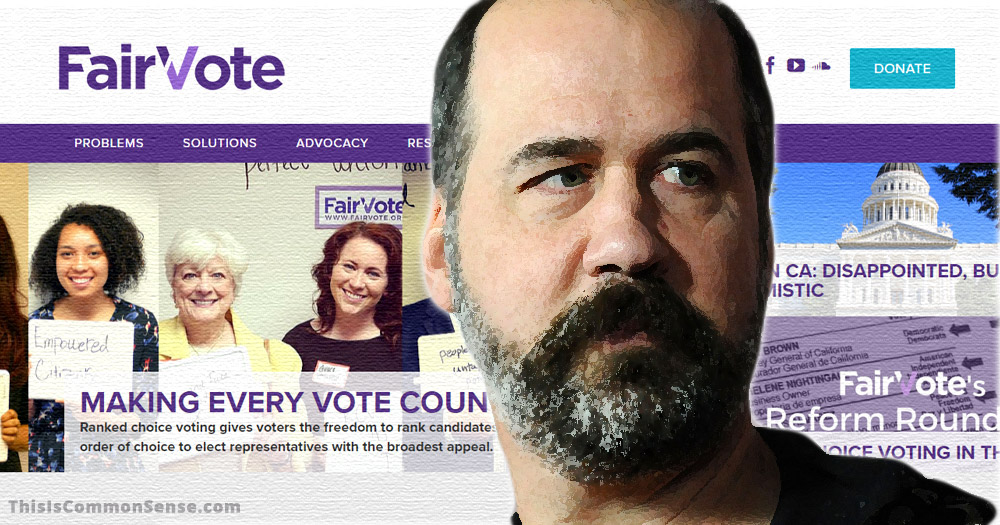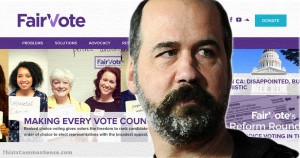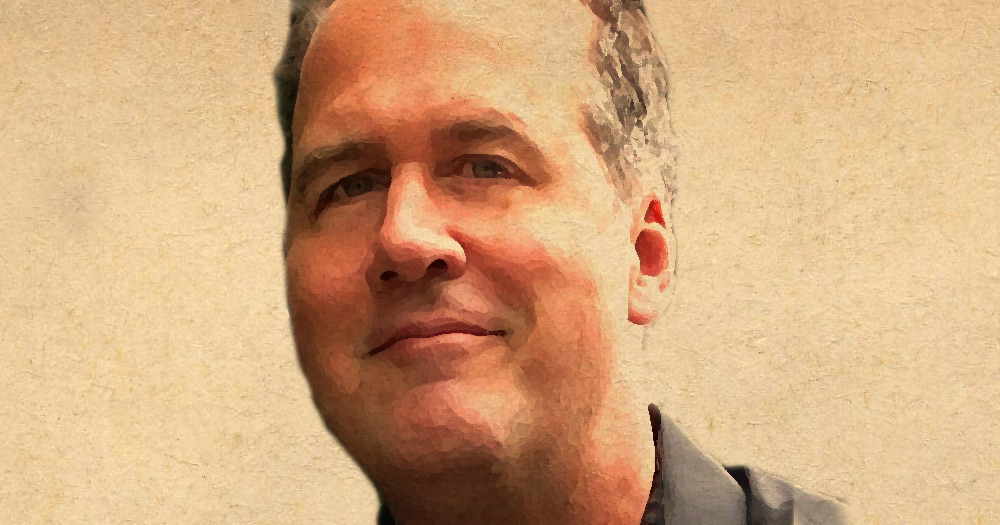This week, Krist Novoselic, rock-n-roll bassist of Nirvana fame and fellow board member of FairVote.org, appeared on Fox Business’s Kennedy to explain ranked choice voting.
Krist compared a single ranked ballot under the proposed system to two ballots under the current method. Often, a voter will mark the ballot for one candidate in the primary, and, if the candidate doesn’t make the cut, for another in the general election.
Ranked choice voting sort of collapses multi-candidate primaries and the shorter list of the general election into one, allowing voters to rank their choices so that when their first choice doesn’t make it, their less valued candidates get counted.
So if you prefer a candidate unlikely to win you aren’t “wasting” your vote by marking that candidate first, as today in most American elections, because your vote goes to your second choice.
The current system encourages “strategic voting,” where we deny our preferences to work around the defects of the electoral system. We end up voting for candidates we do not like, to avoid even worse, promoting mediocre and downright bad elected officials.
In Maine, Question 5 on the November ballot, sets up a ranked-choice ballot system for “the offices of United States Senator, United States Representative to Congress, Governor, State Senator and State Representative for elections held on or after January 1, 2018.” It has a not insignificant amount of support, from Mainers across the political spectrum.
But not from the state’s governor (and voicemail-performance-artist) Paul Le Page. He dubs it a way for “loser” candidates to get a “second chance.”
Just like a politician! He focuses on politicians’ chances not voters’ options.
This is Common Sense. I’m Paul Jacob.




